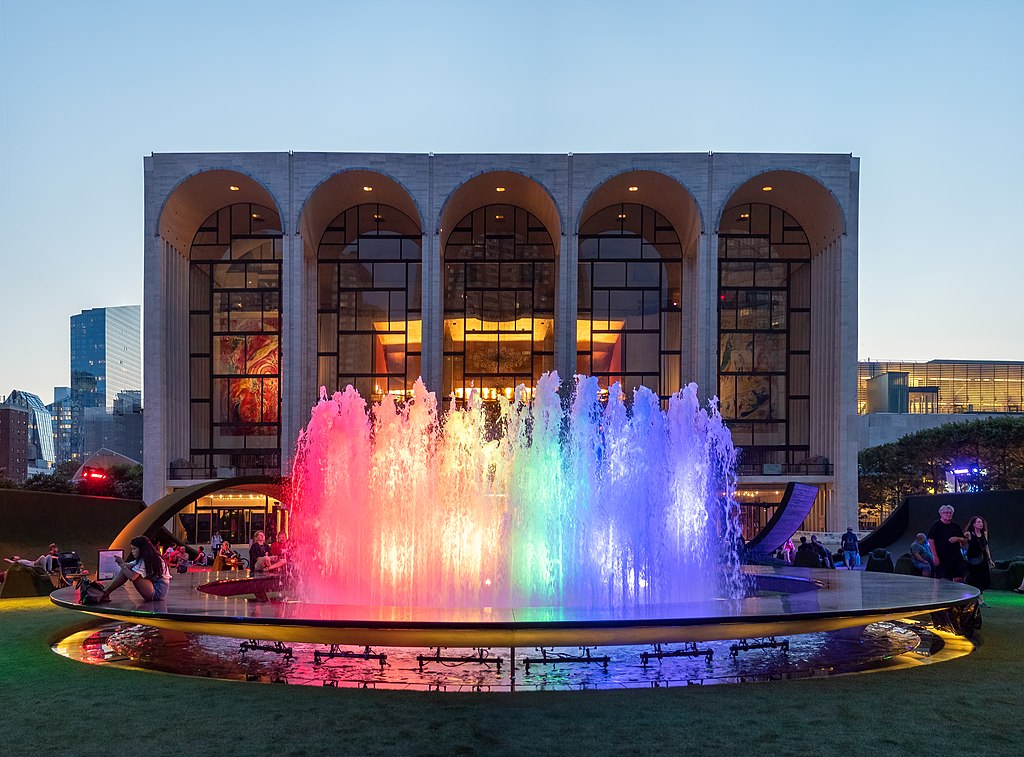In Defense of Identity Politics: How the Battle for Gay Rights Upholds Everyone’s Rights
In contemporary discourse, identity politics often receives a polarized reception, with critics arguing it divides more than it unites. However, at Let.Live, we view identity politics, especially as seen through movements like the struggle for gay rights during Pride Month, as essential in the broader fight for universal human rights. This perspective holds that acknowledging and addressing specific group identities is crucial in the quest for equity and justice for all.
The Foundation of Identity Politics
Identity politics refers to political positions based on the interests and perspectives of social groups with which people identify. This can include groups defined by race, gender, sexuality, ethnicity, or religion. Far from being merely divisive, identity politics allows marginalized communities to highlight unique challenges they face, fostering a better understanding and tailored approaches to social justice.
Pride Month and Gay Rights: A Case Study in Identity Politics
Pride Month exemplifies the positive power of identity politics. The gay rights movement, integral to Pride celebrations, has not only advocated for the specific rights of LGBTQ+ individuals but has also championed principles that benefit the broader society. By fighting for rights such as marriage equality, anti-discrimination protections, and acceptance in the military, the movement stresses the importance of equality, personal autonomy, and human dignity—values that are universal.
Broadening the Scope: Universal Benefits of Specific Movements
The battle for gay rights, while focused on a specific community, underscores a fundamental principle: the respect and acknowledgment of one’s identity are pivotal to their freedom and equality. This battle promotes a society where diversity is not just tolerated but respected and where individual rights are protected.
For instance, laws and policies ensuring workplace equality for LGBTQ+ individuals pave the way for broader anti-discrimination laws that can protect other marginalized groups. The visibility brought about by Pride events educates the public, reduces stigma, and fosters a culture of acceptance that extends beyond sexual orientation.
The Misunderstanding of Identity Politics
Critics of identity politics argue that it fragments society into competing groups. However, this critique often overlooks how identity politics aims to rectify historical and systemic injustices by bringing attention to specific needs and rights. Rather than dividing, effective identity politics seeks to integrate the experiences and rights of all groups into the fabric of mainstream political dialogue and policy-making.
Conclusion: Embracing Identity Politics as a Tool for Universal Rights
Identity politics is not about segregating communities but about enriching our collective understanding of human rights. The defense of identity-based movements, such as those seen in Pride Month, is fundamentally a defense of everyone’s rights. By supporting the specific rights of one group, we set precedents and create frameworks that protect us all.
At Let.Live, we advocate for a nuanced understanding of identity politics—one that recognizes its potential to promote inclusivity and equality on a broad scale. As we support Pride and the rights of the LGBTQ+ community, we are not just advocating for them; we are upholding the rights of every individual to be recognized and respected in their full humanity.
Let’s embrace identity politics as a necessary approach in our ongoing fight for a just and equitable society, where every identity is acknowledged as a vital part of the whole, deserving of equal rights and opportunities.

Comments are closed